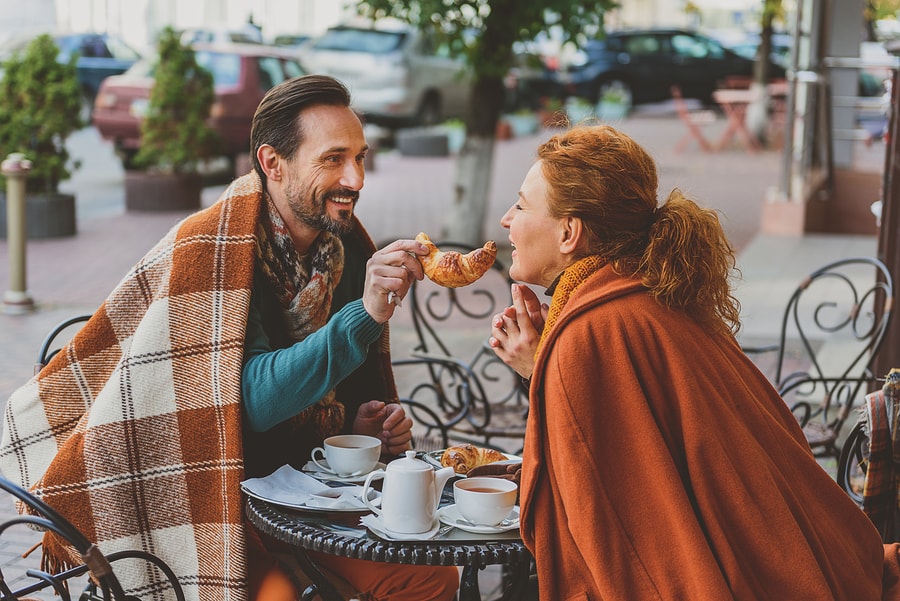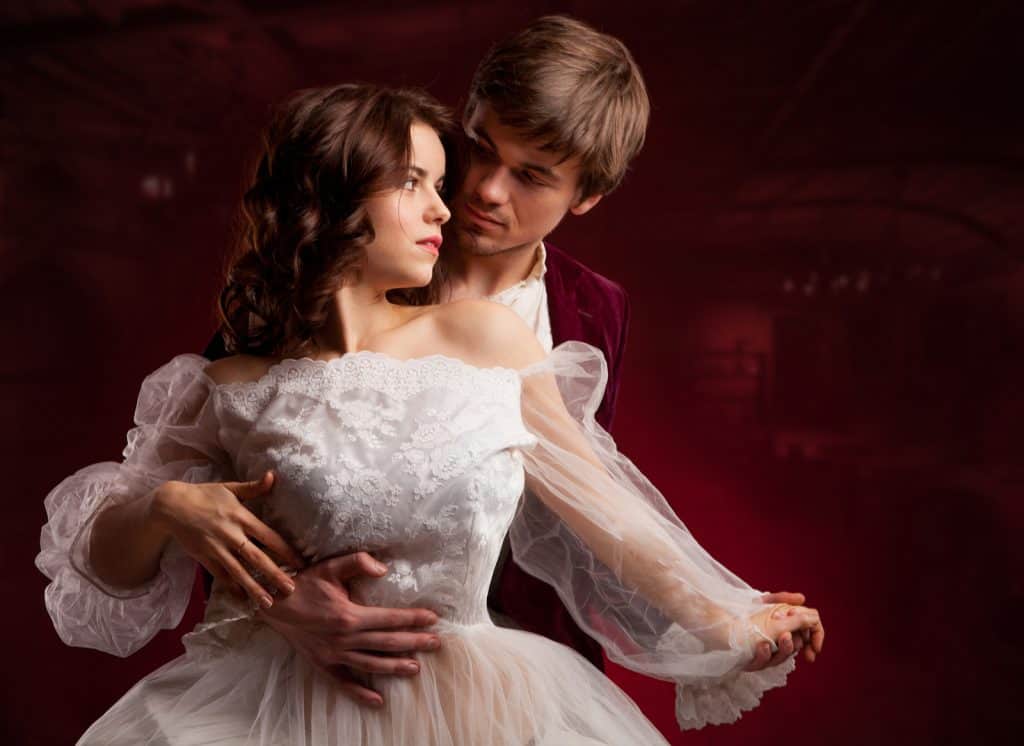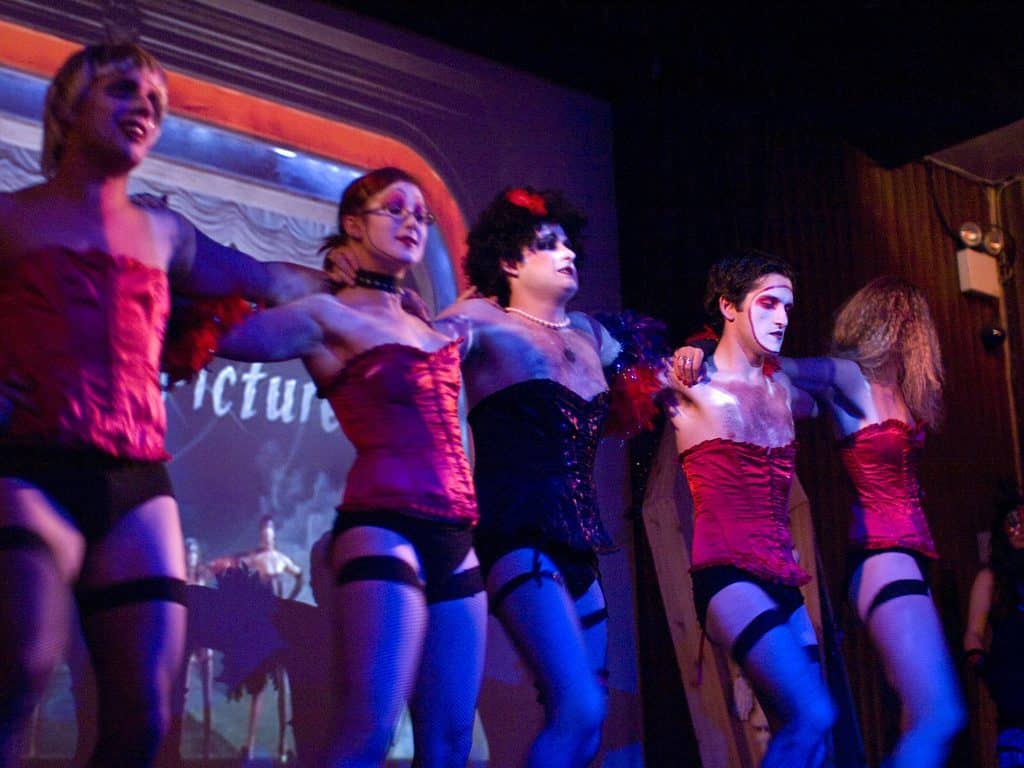Love or Drugs?
A Hopeless Ultimatum: ‘It’s Me or the Drugs’.
When you love an addict, you spend a lot of time and energy hoping he or she will change. You probably put up with a lot of unacceptable behavior. The addict may steal from you, lie to you and make promises that he doesn’t keep. He or she may disappear for days on end and neglect you or other family members, including children. The person you fell in love with doesn’t seem to be there anymore.
You may reach a point that you feel you can’t take it anymore and you threaten to leave. You issue the ultimate threat:
It’s drugs or me.
You hope he’ll choose you. You expect him to choose you. Anyone who really loved you would choose you, wouldn’t he?
It’s not that simple.
The Nature of Addiction
The nature of addiction is that the addict is obsessed with using drugs. He chases the effect provided by drugs compulsively and on a level that is far beyond his control. No matter how much he wants to choose you, he can’t.
If he could simply choose to stop, he wouldn’t be an addict.
The urge to continue to use drugs is both psychological and physical. Attempts to discontinue use result in extremely unpleasant, even dangerous, side effects. If he tries to stop, he may experience shaking, sweating or a sense of extreme panic. In some cases, discontinuing drug use abruptly can lead to seizures or death.
When an addict uses drugs over a long period of time, he experiences changes to his brain. Levels of chemicals in the brain known as neurotransmitters are altered. Not only is the pleasure center of the brain affected, but there are also changes in the way the addict learns and makes decisions.
Experiencing life under the influence of chemicals is his new normal, and life without mind-altering drugs feels terribly abnormal to him. At this point, his relationship with drugs has become the most important relationship in his life. Anything that threatens that relationship is likely to be discarded, not because he wants to choose drugs over you, but because he has to. He truly doesn’t have a choice.
He will choose drugs over everything, not just his relationship with you. Drugs will come before his job, his friends, his other family members, his church, his goals, his dreams and even his basic survival tools such as food and water. He may forget to eat and may neglect personal hygiene.
Your Role in Breaking the Cycle of Addiction
Loving an addict is painful. You stand by helplessly watching your loved one destroy himself and you may feel hopeless. The more you scream, yell or threaten, the more he turns to drugs and tries to blame you. You may try to set limits and ultimatums to no avail and eventually you may decide to end the relationship if the addict won’t give up the drugs.
You are truly powerless over his addiction.
You can’t control or cure his addiction, but you may have some influence over him. Family members may join together for an intervention. If you follow through on ultimatums and threats and learn to stop enabling addictive behavior, there is a chance the addict will be willing to take steps to get help.
The most important thing you need to focus on is taking care of yourself. Put energy into focusing on your own life instead of trying to control him. Join a support group such as Al-Anon or Nar-Anon. Learn as much as you can about the disease of addiction, and about your own codependence.
Although it is painful, remind yourself that if the addict chooses drugs over you, it’s not personal. If addicts could choose not to use drugs, they wouldn’t be addicts.
Choosing to stay in the relationship is a personal decision. As long as you live with an active addict, you need to get help and support for yourself. Offer as much love and support to yourself as you offer to the addict. Learn to set boundaries to protect yourself, and know that his rejection of you is caused by addiction, not absence of love.
Curated by Erbe
Original Article





